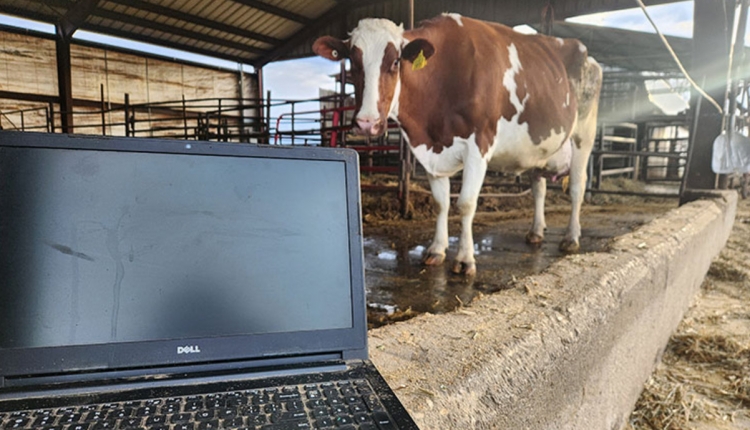 The Methuen, Mass., cooperative, owner of the popular Cabot and McCadam brands in the Northeast, has resolved a complaint with the Vermont Attorney General's office. The settlement includes a $65,000 payment to the state of Vermont and $75,000 to local food banks, according to a Vermont release posted this morning.
The Methuen, Mass., cooperative, owner of the popular Cabot and McCadam brands in the Northeast, has resolved a complaint with the Vermont Attorney General's office. The settlement includes a $65,000 payment to the state of Vermont and $75,000 to local food banks, according to a Vermont release posted this morning.They also promise to take steps to prevent misrepresentations in the future and accurately inform the public of their products' BST status.
We have long wondered how milk plants separate BST-free milk from other milk. Of course, in much geography the use of BST is not an option. However, in many places – like the Upper Midwest – producers still have the option to sign a waiver as to whether or not they pledge to use BST.
As producers choose their production methods, it could mess up milk routes, causing chaos, and costs, for special trips to otherwise highly populated dairy farm areas. We wonder if this could be the straw that breaks the camel's back?
Online violations
On further examination of the release, however, it was the internet that got Agri-Mark in trouble. The Attorney General cites emails and Facebook posts in 2009 and 2010 that claim:
"NO milk containing antibiotics or BST (BGH growth hormone) is ever allowed for processing."
In emails to the public, the company stated that the:
"milk delivered to our two plants in Vermont and our plant in Massachusetts for Cabot Cheese is BST[-free] ... These are the only plants that Cabot has for processing milk to produce our cheeses"; that "all Cabot Butter salted and unsalted [is] produced from milk that [is] BST … free"; and that members of the public would eventually see a no-artificial-growth hormone icon "on all Cabot packaging."
The release goes on to state that by August 1, 2009, Agri-Mark would not accept milk produced by cows treated with BST. Agri-Mark must remove "Our farmers pledge not to use BST" and the "No Bovine Growth Hormone" logo from their packaging.
The good news, if your profits derive from Agri-Mark, is that no repackaging or recalls are necessary as part of this settlement.
As of 10:30 a.m. this morning, this story had reached newspaper websites (and likely newspapers) around the nation. Vermont, as a state, is known as a consumer watchdog. It will be interesting to see if similar populations follow suit.









